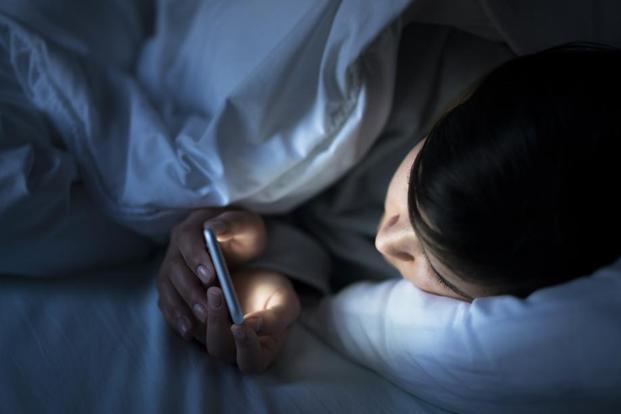Sleep apps can at best help you discipline sleep habits, not tackle disorders. There are many sleep apps that claim to use the accelerometer, microphone and camera in your phone to record the quality of your sleep, using sleep graphs to show how you slept, but all of them use average sleep patterns. This is based on the idea that interrupting the wrong sleep cycle—when you’re in slow-wave (deep sleep) or REM (dreaming)—can result in a sense of fatigue.

But a study published in June in Preventive Medicine Reports, which screened 369 sleep apps available on Android and iPhones, analysed the most popular apps and found that while most help users set sleep-related goals, track and manage their sleep, and even offer white noise or guided meditation, few make use of other methods known to help the chronically sleep-deprived.
“There weren’t a lot of apps that had any information about the benefits of sleep, mentioned health risks associated with not getting enough sleep, and recommended the amount of sleep someone should get on a regular basis,” said Prof. Diana Grigsby-Toussaint from the University of Illinois, US, who led the research, in a press release.
Sleep apps can be useful in disciplining your sleep
While you can use sleep apps to regulate and discipline your body clock and sleep cycles, you shouldn’t make the mistake of believing these can help you tackle sleep disorders.
Continue reading “Say goodnight with sleep apps”
